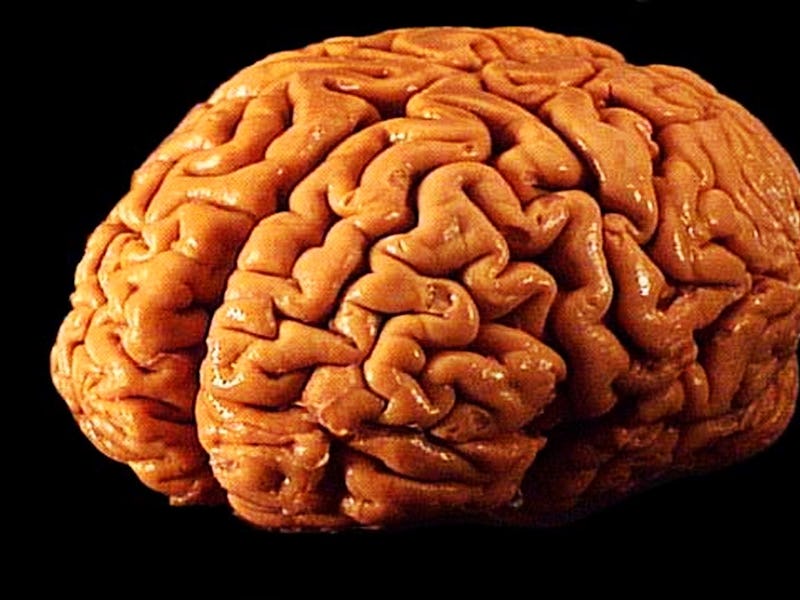Scientists Have Identified Intelligence-Linked Genes for the First Time
Finding a genetic basis for human intelligence inevitably raises one question: Can we make humans smarter?

A team of scientists from Imperial College London will go down as the first in history to discover genes related to human intelligence. In their study, published today in the journal Nature Neuroscience, they describe two newly discovered networks of genes that influence memory, attention, processing speed, and reasoning.
Their finding is likely to fan the flames in the already-fiery debate on using genetic engineering to enhance humans. It’s long been thought that human intelligence is much too complex to manipulate, even for a genetic tool as sophisticated as CRISPR, a system of natural gene splicing that humans are just beginning to harness.
Though they admit their research is at a very early stage, the scientists didn’t deny that it might ultimately be used to boost cognitive function. In particular, their discovery that these networks — hundreds of genes that appear to work together — seem to be under the control of a “master regulator switch.” Figuring out how to flip it off and on could, in theory, shape the difference between dim and bright humans.
The scientists compared samples from healthy human brains against those from people with epilepsy, autism spectrum disorder, and intellectual disability. In their analysis, they found that the genes related to human intelligence in healthy people (they had all undergone IQ tests) were the same genes that caused cognitive disabilities when they were mutated.
It’ll probably be a long time before scientists start manipulating these networks with genetic tools — especially in humans, given our Gattaca-inspired fears about “designer babies” — but this study does give credence to the widely dismissed idea that intelligence might be under our control, too.